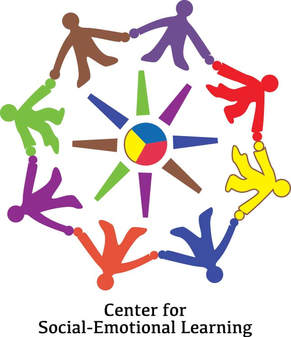Have you ever had a tough conversation with a family member or coworker and walked away from the encounter, not feeling frustrated or angry, but rather satisfied and heard? Chances are one or both of you have a good level of Social Emotional Intelligence (SEL).
For some, this behavior comes more easily, but for most it is a skill honed through years of education, experience, and training. As with all aspects of personal growth, we need to study and practice the tools required for success and mastery. That's where the Key Competencies and the Center for Social-Emotional Learning come in!
Social-Emotional Learning has 5 Key Competencies: Self-Awareness, Social Awareness, Responsible Decision Making, Self-Management, and Relationship Skills. Those competencies are developed by learning and practicing the skills of Affirmation, Communication, Cooperation, Bias Awareness/Appreciation of Differences, and Conflict Management
According to a 2013 review of research by CASEL (Collaborative for Academic, Social, and Emotional Learning) and other studies, the outcomes associated with the five SEL competencies are:
For some, this behavior comes more easily, but for most it is a skill honed through years of education, experience, and training. As with all aspects of personal growth, we need to study and practice the tools required for success and mastery. That's where the Key Competencies and the Center for Social-Emotional Learning come in!
Social-Emotional Learning has 5 Key Competencies: Self-Awareness, Social Awareness, Responsible Decision Making, Self-Management, and Relationship Skills. Those competencies are developed by learning and practicing the skills of Affirmation, Communication, Cooperation, Bias Awareness/Appreciation of Differences, and Conflict Management
According to a 2013 review of research by CASEL (Collaborative for Academic, Social, and Emotional Learning) and other studies, the outcomes associated with the five SEL competencies are:
- Increases in Positive Social Behavior
- An 11% increase in academic performance
- Decreases in conduct problems
- 10% less emotional distress
- Enhanced ability to communicate and cooperate with others
- Enhanced leadership skills
- Reduction in violence due to a greater sense of community and increased constructive responses to conflict.

